This is a guest post written by OKR expert and author Paul Niven, President of OKRsTraining.com
According to the United States Census Bureau, at any given time, approximately 5.2 percent of the population (about 8 million people) work at home. Of course, those numbers have swelled dramatically in the past couple of weeks as the spread of the novel Coronavirus has forced many millions more to shelter-in-place and perform their jobs from home, as workplaces around the country shut their doors for the foreseeable future. This mass migration of workers from offices back to their homes brings with it many challenges: Balancing work and pressing family demands, avoiding the temptation to work constantly even if just for the sake of distraction, and missing the social element provided by our ‘normal’ work environments, to name just a few. In this unprecedented time of anxiety and confusion, I believe organizations should turn, at least temporarily, to the use of individual level OKRs.
Bonus Content: Download the Inspire Goal-Setting Guide!
To be fair, there are many who believe OKRs for individuals is a bad idea. Some argue that individual OKRs lead to a focus on tasks rather than business outcomes. Others note that they promote individual over team-based thinking. And many so-called pundits suggest they add complexity and bureaucracy without any commensurate value add. In the OKRs book I co-wrote, we offer a number of pros and cons to the notion of connecting OKRs all the way to individuals. But, this is not a post dedicated to adjudicating the value of personal OKRs. Rather, it is a call for using OKRs to assist in a time of unrivaled challenge. Outlined below are a number of reasons why individual OKRs are called for in our current reality.
OKR expert and author @PaulNiven weighs in on how #OKR can make an impact while the team is #WorkFromHome over on the @InspireSofware blog:Tweet This!Linking to Purpose and Strategy
When we’re isolated from our normal working environment it’s easy to quickly lose perspective on what’s strategically important to the overall organization. Lacking the regular cadence of team meetings on priorities and spontaneous hallway chats with co-workers on business issues, we may adopt tunnel vision on simple tasks and lose sight of what matters most. Assigning individual OKRs provides a mechanism for managers to ensure the strategy and purpose link is maintained as workers are unmoored from their normal circumstances. Before assigning the task to an individual employee of creating an OKR, a manager must first outline what the current priorities are for the business; and it’s likely these may have changed dramatically in light of the COVID-19 outbreak. This conversation ensures there is understanding at the team member level of what is at stake and how her personal contribution is necessary to help the entire organization work through their present challenges. That line of sight is vital to ensure individuals maintain a strategic focus during their time away from the office environment.
Providing Emotional Support
Many of us are, justifiably, feeling a great deal of anxiety as this pandemic roars virtually unabated across the globe. At times like this we want to know that our leaders, both political and organizational, ‘have our back,’ and are in our corner. Setting OKRs offers a forum for leaders to provide the emotional support many employees are craving. I recommend that managers check in with their employees once a week on the individual’s OKRs. That may place an administrative burden on the manager in the short term, but the benefits far outweigh the bureaucratic cost. During these check-ins, leaders have the opportunity to go well beyond an evaluation of their charge’s OKRs and can provide much needed support. For example, a manager can answer questions the employee may have about the organization’s short and medium-term prospects— something never far from the mind of the millions in the U.S. who work for small and medium-sized businesses. Employees working from home may feel confused and isolated, and these conversations can allay some of those issues as managers share their own concerns, stories, and coping mechanisms. Empathy can be a powerful tool in a time of crisis.
Maintaining Focus
As noted above, when we’re disconnected from our office routines it can be difficult to determine what we should be working on in order to continue creating value for the organization. Answering e-mails, hanging out on company slack channels, and keeping up to date on social media can easily fill the day, but in the end is that the best use of our time? By asking individuals to create OKRs you’re challenging them to determine, even in this period of relative chaos, the most strategic actions they can take. If you’re a manager, and assuming you’ve followed the advice already provided you’ll also use the opportunity to lend much need emotional support to team members and provide detailed updates on the company’s priorities. Much of the literature on OKRs stresses the concept of ‘moonshots,’ the big, audacious goals that can lead to breakthrough performance. While I’m a huge fan of such visionary thinking, this isn’t the time to be launching strategic rockets at the individual level. Rather, individual OKRs should focus on how each employee can provide a tangible contribution, however large or small, as we all struggle to make sense of what’s happening around us.
The jury remains out, and likely will for some time, on whether individual level OKRs are right for every organization. However, most of us currently find ourselves in uncharted territory and we need all the help we can get navigating this unfamiliar and unsettling landscape. Individual OKRs can help bring a welcome and comforting source of the ‘normal’ in what is decidedly an abnormal time.

